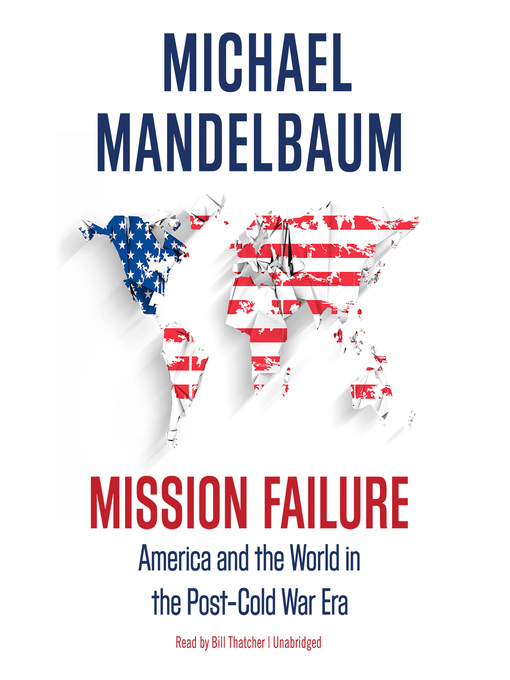- Soups, Stews, and Comfort Foods
- Newly Added eBooks
- Featured: Available Now eBooks
- Our Once and Future World
- A Garden of Stories
- For Fans of The Great British Baking Show
- See all
- ALWAYS AVAILABLE
- Newly Added Audiobooks
- Listen Together
- It's a Mystery!
- Awesome Audiobooks for Teens
- The Stars are Aligned!
- For Fans of The Great British Baking Show
- See all

